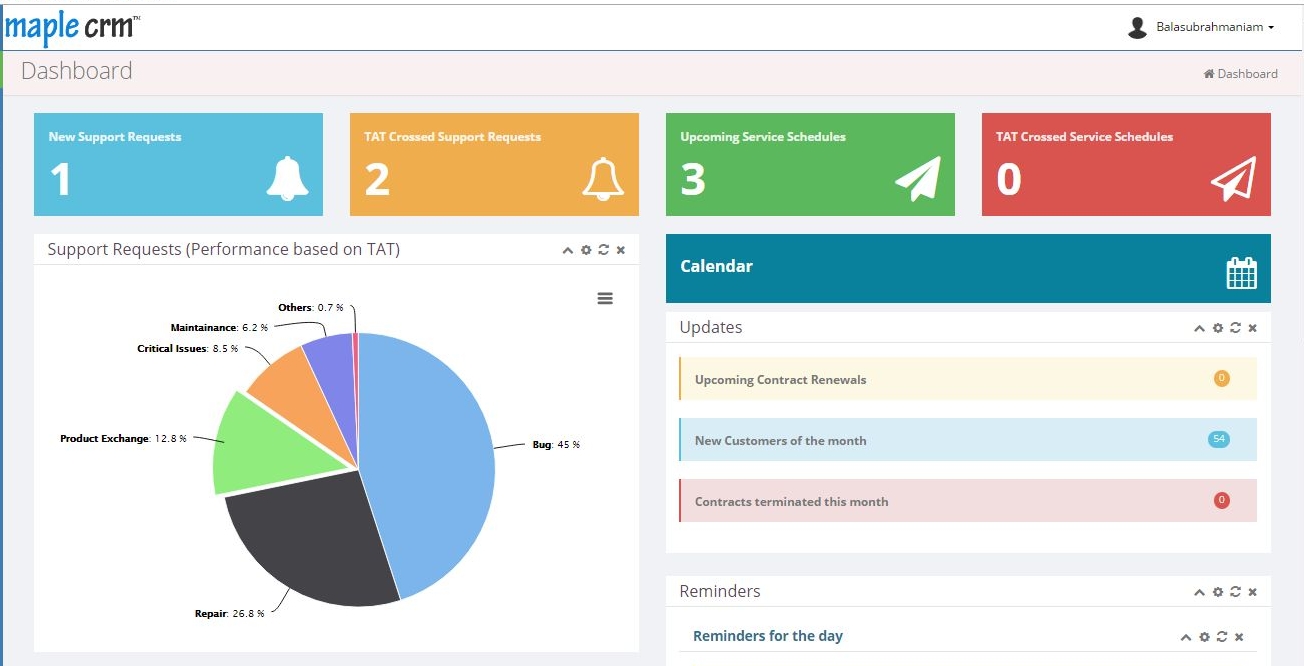Effective business CRM solutions must fulfil the evolving demands of big and small companies. The CRM product should meet all your industry specific needs. When business is involved, there needs to be a specific software to keep track of all your business functions. So that, as and when business grows, the business functions could run smoothly and things are all in track.
Business CRM solutions should include:-
- Sales and Sales Force Automation: This helps in lead generation and getting through the sales funnel from start till the leads are converted or moved to dead state. The automation will help in the complete sales life cycle and focus on the needs of the customer and your business.
- Customer Support: Automates support tasks to improve efficiency and customer satisfaction. It maintains all the records and histories of the customer so that your business provides a better and quick service to them.
- Marketing: It captures opportunities and customer contact data to improve the quality of your campaigns. This could involve work related to marketing techniques that helps in identifying the leads and categorizing them so as to target them easily.
- Work Management: Manage, track and maintain a grip on all departments. Empower teams to deliver within targets and effectively measure results.
- Strategic Planning: CRM allows you to generate various kinds of reports which helps in understanding the business flow. Thus providing a tool to analyse how the business is functioning so as to take necessary steps in improving or changing the plans.
CRM gives business users a platform to perform business functions and analyse every level of the functionality. With SaaS applications, users can have an access to CRM at any time and have information which are up-to-date. You can optimize performance, decision making and allocate work to resources from your CRM solution.
Business CRM solutions optimize a company’s ability to utilize customer data to increase sales, reduce cost, retain customers and increase productivity.
For more articles on CRM, visit http://maplecrm.com/crm_ articles.php





